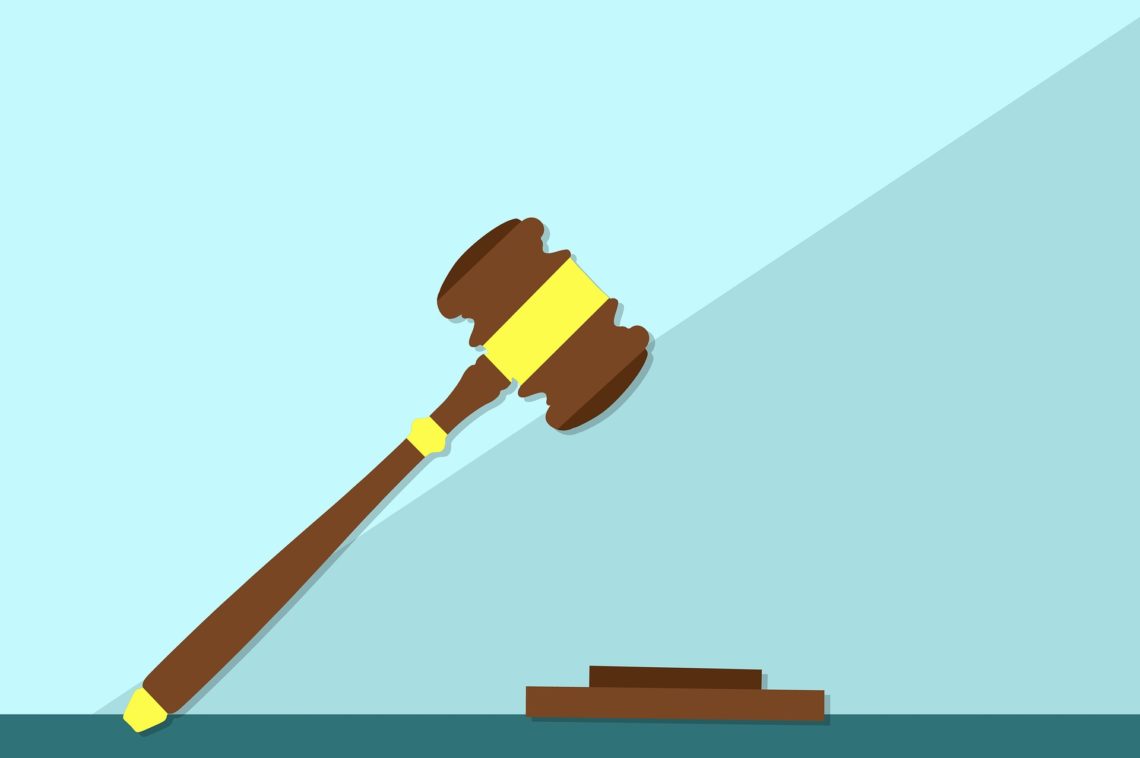- Decentralized autonomous entities have been granted credit and assistance from the government
- The inherited order upheld by governments can be challenged by seemingly unbiased autonomous entities
- DAOs can now transact freely inside the United States because they have been recognized as legal entities
Maintaining a rapid pace has been a progressive requirement of the crypto market. Defi, and eventually NFTs, began to be woven into the fabric of digital crypto activities between 2020 and 2021. Not only that, but they’ve been challenging the centralized establishment and its archaic ways, resulting in a testing ground for different blockchain assets to become useful. As decentralized protocols expand their reach into the digital realm, DAOs have become an operational need.
The Decentralized Answer and DAOs
DAOs have become increasingly important in the cryptocurrency economy, and Wyoming has passed a state-wide bill recognizing DAOs as legal entities. As a result, American CryptoFed DAO LLC has become the first legally registered and recognized DAO. The major DAO LCC’s CEO, Michael Orr, emphasized that the regulatory shift means universal acceptance is now feasible.
Aaron Wright, a professor at Cardozo School of Law, and their undergraduate students created and supported the DAO bill. Wyoming has been commended for its foresight after the state awarded Kraken a financial institution charter, making it the first crypto company to operate with a banking license in the United States. Wyoming Secretary of State Edward Buchanan stated that the state would continue to advocate for digital and monetary innovation.
With the lower registrant ticket for DAOs, Aaron Wright predicted that tens of millions, if not billions, of DAOs, might arise in the market. Furthermore, he emphasized that the cost of forming a DAO might be in the thousands of dollars, as opposed to forming an LLC, which can cost tens of thousands of dollars. Governments are realizing the flexibility of DAOs to ensure transparency and promote equity because they are based on code strains.
Determination-making Enforcers (DAOs)
DAOs, unlike traditional organizations, have the flexibility to build their own structures. DAOs’ construction is programmable, so it may be changed to meet its needs and those of stakeholders. VCs, whose primary goal is to make a profit, is in charge of protocols. However, as CURVE’s Charles Watkins has observed, the community is ecstatic when developments are directed and approved by token holders and those who have the protocols’ greatest curiosity in mind and each has DAOs that make decisions in the best interests of the ecosystem. Newer protocols, such as Uniswap and 1inch, are allowing DAOs to grow concurrently with Defi and NFTs.
DAOs are a safety layer that protects the best interests of the technology in the case of crypto protocols. As a result, Curve, a decentralized organization, is holding a vote on whether or not to execute its mental property rights in the courtroom. On this topic, community members and token holders have the right to vote, and the final outcome will be applied via the automated DAO process.
Decentralization isn’t going away anytime soon
Decentralization has been a contentious issue for a long time. Despite this, The Wolf Of Wall Streets emphasized Bitcoin as a decentralized model, emphasizing the community’s effectiveness despite the absence of a hash rate.
Andrey Sergeenkov suggested in an Entrepreneur post that DAOs have the freedom to disrupt an industry that is heavily criticized and generates popular interest. With a totally new DAO framework, he suggested DePa (decentralized political events), suggesting that blockchain may improve political accountability and transparency.
While decentralization is the attainable reality sought by blockchain maximalists, hidden agendas, and monetary incentives are the determining factors in whether or not decentralization is implemented. As a result, DAOs have the ability to overturn current systems while also adding a layer of trust to blockchain possibilities.
Steve Anderson is an Australian crypto enthusiast. He is a specialist in management and trading for over 5 years. Steve has worked as a crypto trader, he loves learning about decentralisation, understanding the true potential of the blockchain.


 Home
Home News
News






